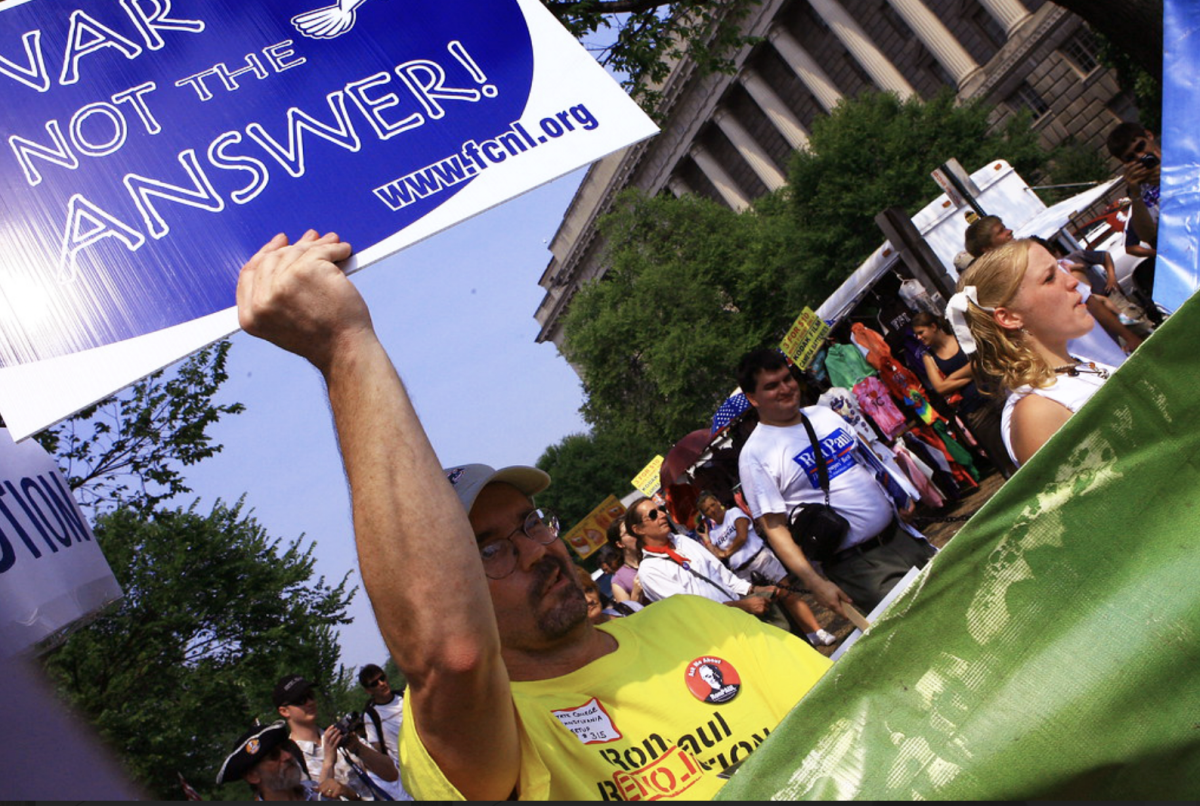On June 18, the Attorney General of the District of Columbia, Brian Schwalb, filed a lawsuit against the Whiting-Turner Contracting Company, W.G./Welch Mechanical Contractors and three labor brokers for violations of the District’s wage-and-hour laws. The lawsuit follows an investigation by the Office of the Attorney General (OAG) that uncovered a misclassification of workers at the City Ridge construction site. According to the OAG investigation, the companies intentionally classified workers as independent contractors rather than employees, allowing illegal cuts off workers’ wages.
Schwalb emphasized that while development is crucial for the city’s growth, it should not stem from the exploitation of laborers. He added, “These developments cannot be built on the back of hard workers who are being ripped off.”
City Ridge, located in Northwest Washington, is a small collection of residential and commercial buildings. The project occupies the site of their former headquarters, acquired by Roadside Development and the North America Sekisui House in 2016 for $85 million. The International Baccalaureate group, a nonprofit organization focused on advancing global education, plans to relocate its office to the Fannie Mae building, a landmark at the City Ridge Plaza entrance.
Whiting-Turner, one of the largest construction contracting companies in the United States, was hired to oversee the City Ridge project. Whiting-Turner hired a subcontractor, Welch, to manage labor recruitment. Welch, however, allegedly hired fraudulent labor brokers with a history of illegal practices to further reduce expenses. The labor brokers provided workers who were misclassified as independent contractors. These workers were not entitled to basic protections, such as the District’s minimum wage, overtime pay, or sick leave. The OAG explains, “Welch — the company at the center of the lawsuit — has a significant presence in the District’s construction industry, with contracts worth tens of millions of dollars … These labor brokers are economically dependent on Welch, as Welch projects represent a substantial amount of their annual business.”
Under Washington’s law, employees are entitled to a minimum wage of $15.20, but at least twenty-seven workers were paid less — some as low as $13 or $14 per hour. These minimum wages only apply to employees and not independent contractors. Thus, the lawsuit claims hundreds of workers were improperly classified. A 2019 OAG analysis estimated that misclassifying employees can save companies up to 40% on labor costs. The majority of the savings come from avoiding taxes, workers’ compensation, and other legal requirements meant to protect employees.
Chuck Sewell, the marketing director for the International Association of Sheet Metal, Air, Rail and Transportation Workers (SMART) Local 100, explained that “they misclassify workers to avoid paying taxes, workman’s compensation insurance, and many other things they are required by law to pay.”
“We worked 12 hours a day from Monday to Friday, and on Saturday we worked 10 hours, Sunday, 10 hours,” said sheet metal worker Edwin Mayorga in an interview with the Washington Post. Mayorga explained that he was not compensated for his overtime labor, resulting in thousands of dollars in unpaid wages. Mayorga is one of an estimated 370 workers falsely classified as an independent contractor.
The lawsuit seeks for the companies to pay penalties to the court, as well as compensate the workers for their lost wages. The companies would also be required to comply with Washington’s Workplace Fraud Act, Minimum Wage Revision Act, and Sick and Safe Leave Act in the future.











































